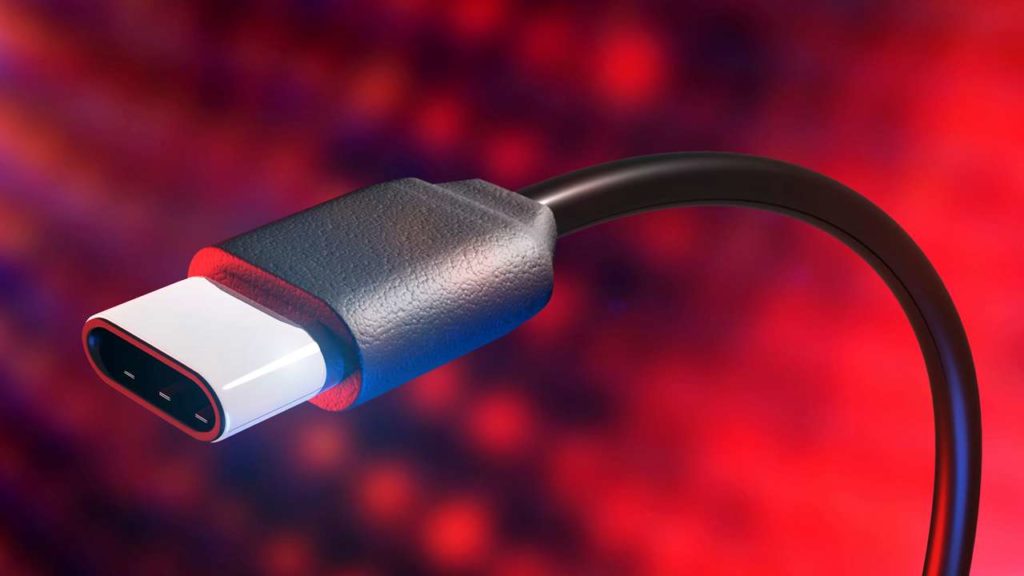Yesterday the 26th of May, the USB Promoter group announced the release of USB Power Delivery(PD) 3.1 standard that will enable delivery of up to 240W of power over USB Type-C cable and connector. This marks as another one step closer to making USB Type C the truly universal port for both data and power delivery in modern consumer electronics.
Now prior to this update, the maximum amount of power you could delivery over USB-C port was 100W. This was possible through USB-C chargers and cables rated 20V at 5A. Now the USB promoter group says that the USB Type-C specification has been updated with release 2.1 to define 240W cable requirements which will extend the applicability of USB PD to a large number of applications where 100W wasn’t enough.
The USB promoter group hopes that the new USB PD specification will enable high power laptops/notebooks to be powered via USB-C instead of their traditional connectors.
“With the new capabilities of USB Power Delivery 3.1, we now enable higher power products such as larger notebook PCs to shift from traditional power connectors to USB Type-C,” said Brad Saunders, USB Promoter Group Chairman. “We also anticipate a wider range of product application developers outside of the traditional USB ecosystem to now consider standardizing on USB Type-C with USB PD power their power needs.”
The most important aspects of the USB PD 3.1 specification include;
- A choice of three new fixed voltages: 28V (above 100W), 36V (above 140W) and 48V (above 180W) joining previously defined 5V, 9V, 15V and 20V fixed voltages.
- A new adjustable voltage mode enabling a range from 15V to one of three maximum voltages (28V, 36V, or 48V) depending on the available power allowing the device being powered to request specific voltages to a 100 mV resolution.
To safe guard consumers from a lot of counterfeit cables and chargers promising 240W, the group is working on a certification program that among other things will require branding and marketing guidelines on cable labeling designed to inform users of these power capabilities. That obviously won’t prevent a number of fakes popping up on Amazon, Aliexpress, eBay and other online retail stores. You just have to be vigilant. It’s going to take another year or two before we see 240W USB-C products in the mass market.
The USB Prmoter Group is comprised of Tech bigshots such as Apple Inc., Hewlett-Packard Inc., Intel Corporation, Microsoft, Renesas Electronics Corporation, STMicroelectronics, and Texas Instruments.

